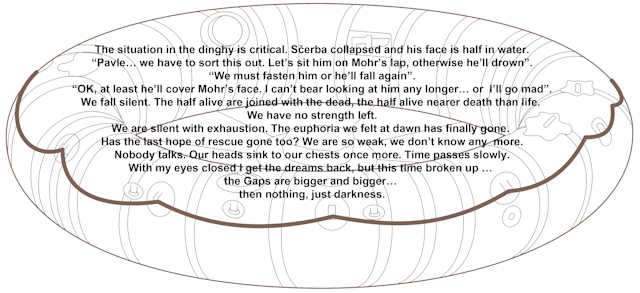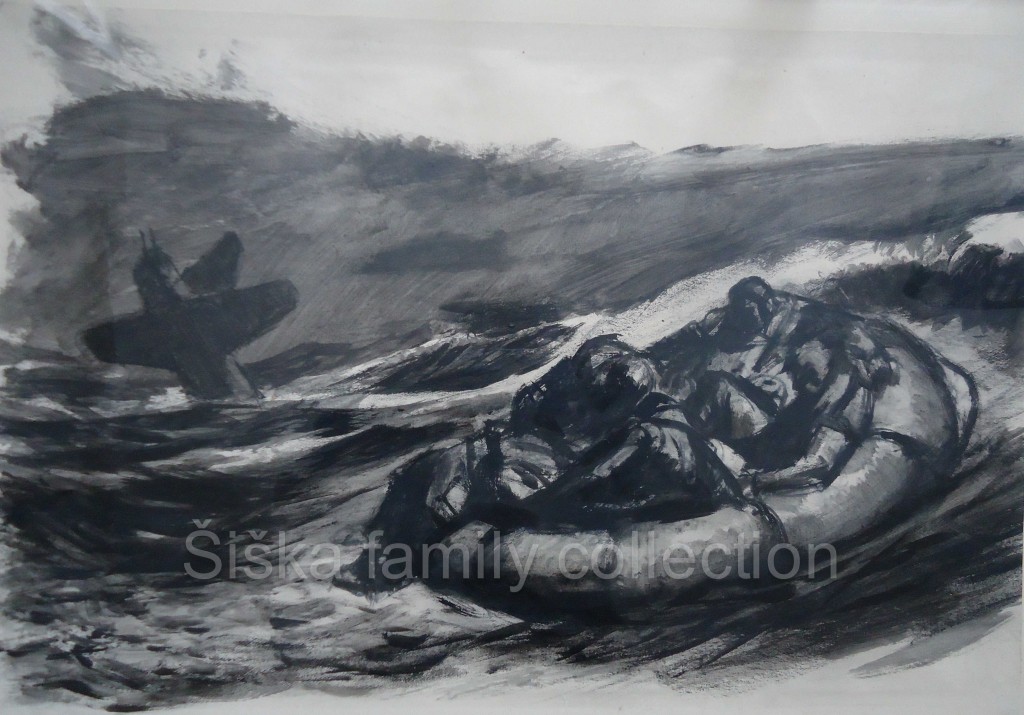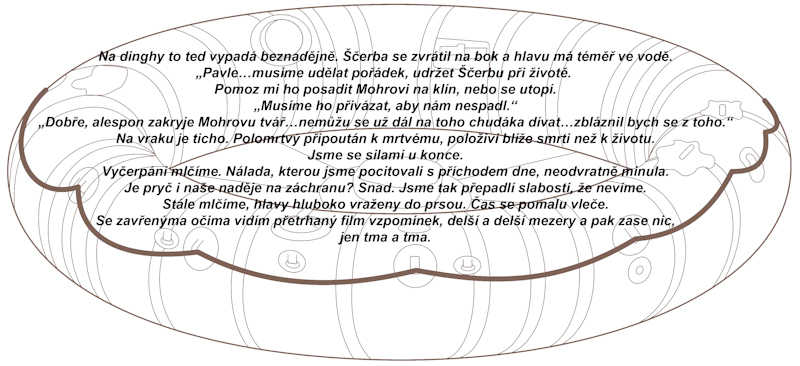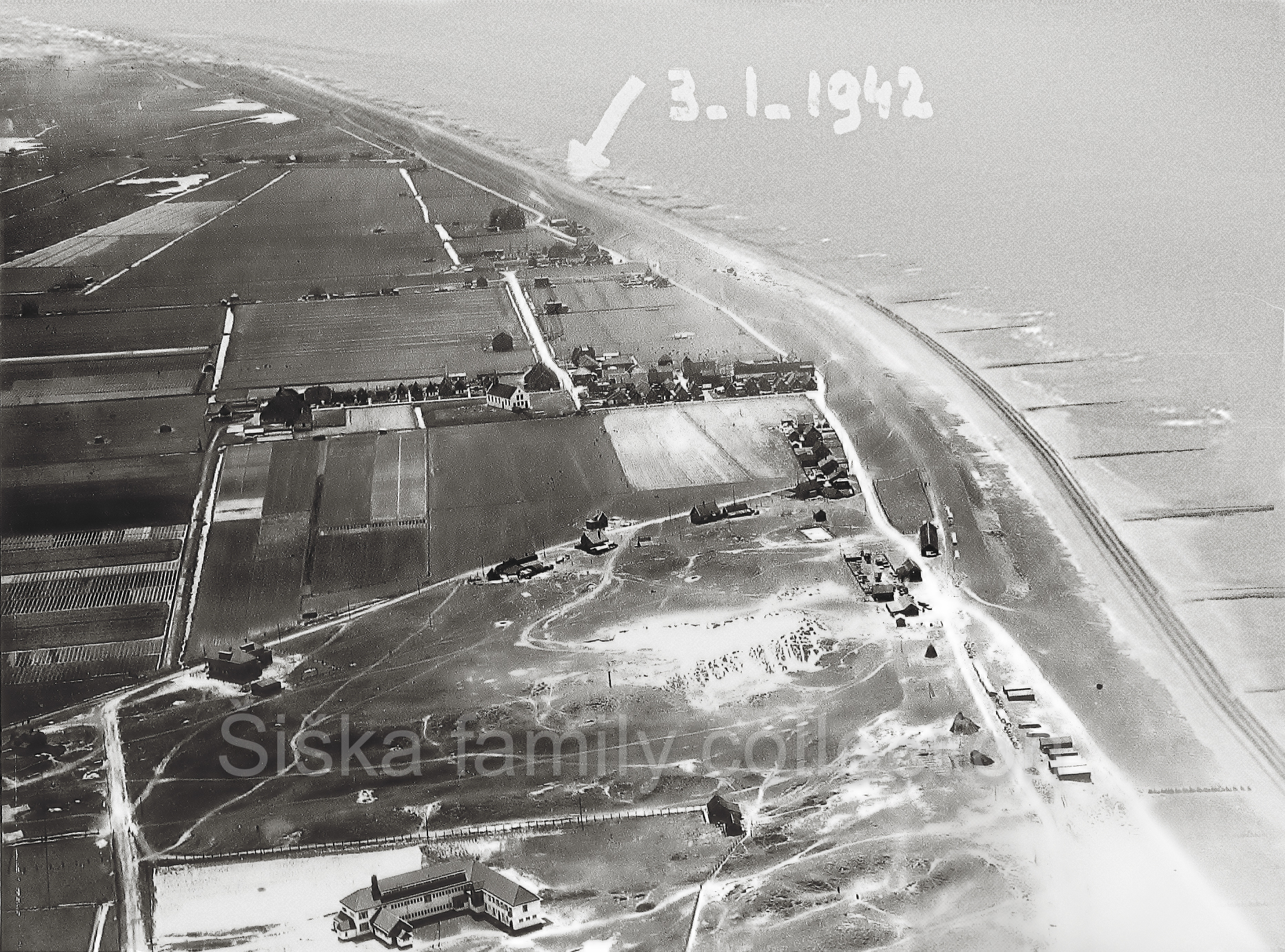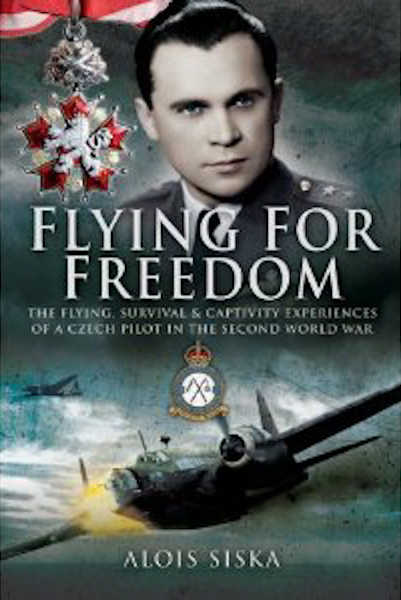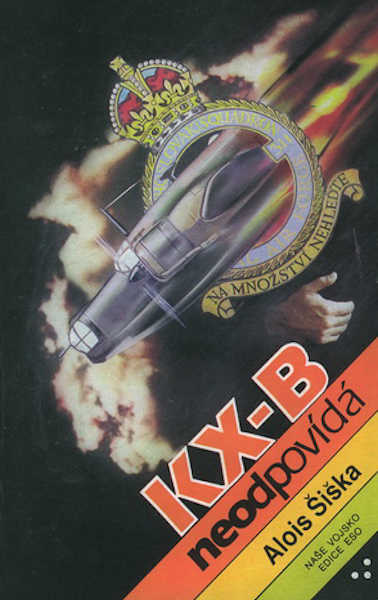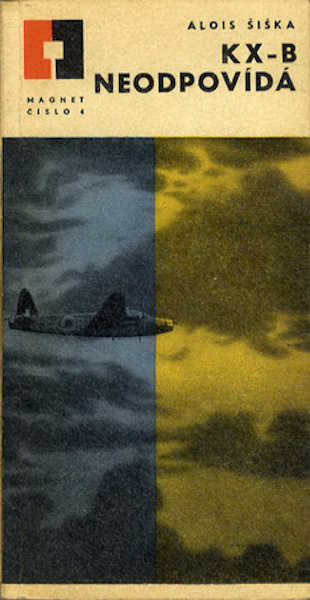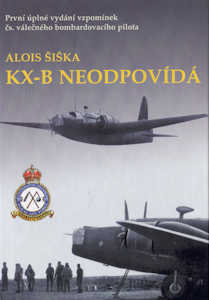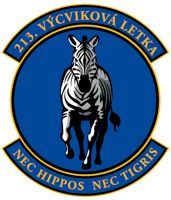Poslední nálet KX-B
Late afternoon on the 28 December 1941, eight Vickers Wellington bombers of 311 Czechoslovak Squadron, Royal Air Force took-off from East Wretham airfield, Norfolk for a bombing raid on Wilhelmshaven docks, Germany. One of these aircraft was KX-B, serial no. T-2553, which took-off at 17:16. It’s six Czech aircrew crew were: first pilot Sgt Alois Šiška, second pilot Sgt Josef Tománek, navigator F/O Josef Mohr, wireless operator F/O Josef Ščerba, front gunner Sgt Pavel Svoboda and rear gunner Sgt. Rudolf Skalický.
V pozdním odpoledni 28. Prosince 1941 odstartovalo osm bombardérů Vickers Wellington 311. československé perutě britského královského letectva z letiště East Wretham v hrabství Norfolk, k náletu na německý přístav Wilhelmshaven. Jedním z nich byla KX-B, seriové číslo T2553, která odstartovala v 17.16. Její českou posádku tvořili: první pilot – četař Alois Šiška, druhý pilot – četař Josef Tománek, navigator – nadporučík Josef Mohr, radiotlegrafista – nadporučík Josef Ščerba, přední střelec – četař Pavel Svoboda a zadní střelec – četař Rudolf Skalický.
They were not to return from their mission. Over the target, the aircraft suffered serious flak damage and during the return flight they were forced to ditch the aircraft into the North Sea, about mid-way between the Netherlands and United Kingdom. Rudolf Skalický did not make it out of the ditched aircraft but the remaining five managed to scramble into the dinghy.
Osud jim však nedovolil se z tohoto náletu vrátit. Letoun byl nad cílem těžce poškozen německým flakem a museli nouzově přistát na hladině Severního moře, přibližně v polovině cesty mezi Holandskem a Anglií. Zadní střelec Skalický nouzové přistání nepřežil. Zbývajícím členům posádky se podařilo dostat do záchranného člunu.
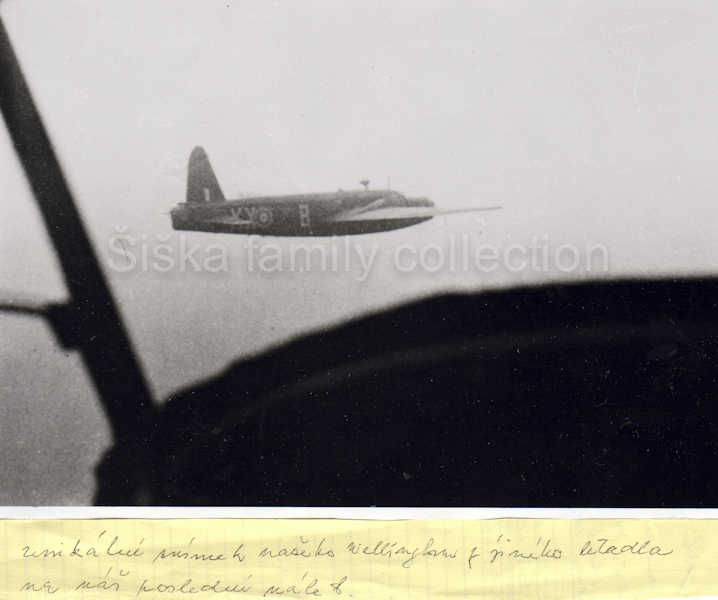
Unique photograph of our Wellington, taken from the cockpit of another plane during our last operation.
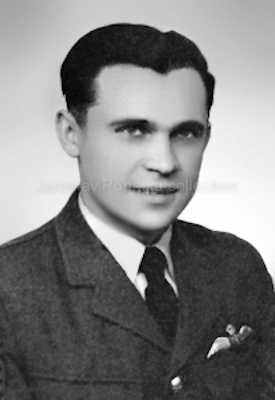
Sgt. / čet Alois Šiška.
Six gruelling days spent in a dinghy drifting helplessly in the bitterly cold, swelling North Sea came to an end when, on the 3rd January 1942, the dinghy was washed ashore on the beach near the village of Petten in northern Holland. From the original five who survived the crash landing, only three were still alive – Alois Siska, Josef Scerba and Pavel Svoboda.
Následovalo 6 nekonečných dní pobytu v ledových vlnách, než 3. ledna 1942 vyplavilo moře člun na holandské pobřeží poblíž vesnice Petten. Z pětice mužů, která přežila nouzové přistání na vodní hladinu, byli nazivu pouze Alois Šiška, Josef Ščerba a Pavel Svoboda.
“Today is 30th December. The second night has passed and the second day of hoping and waiting is upon us.”
„Dnes je 30. prosince. Minula druhá noc a nastal druhý den čekání na záchranu.“
“The sea spray mercilessly lashes at our ashen faces.”
„Tříšt vln neúprosně bičuje naše zmodralé tváře.“
“My cut fingers are badly swollen. The cuts look horrible but they neither hurt nor sting any more.”
„Rozříznuté prsty mi otekly. Rány vypadají ošklivě, ale nebolí a už ani tak nepálí. “
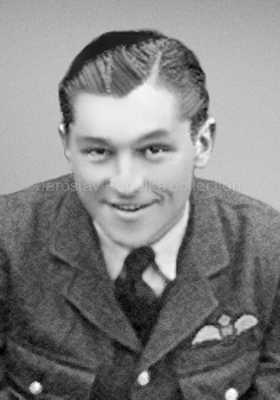
Sgt. / čet Josef Tománek.
“I feel a strange tingling in my feet as if my boots are too small.”
„Zato nohy mě podivně brní, jako kdyby mi vysoké boty byly příliš těsné.“
“I ask Pavel to help me take them off. It is not easy as my feet are so swollen.”
„Žádám Pavla, aby mi je pomohl vyzout. Dá nám to notnou práci, nohy jsou již oteklé.“
“I try to use one of my boots to scoop the water out.”
„S botou v ruce se pokouším vybrat vodu.“
“It doesn’t work as I don’t have enough space.”
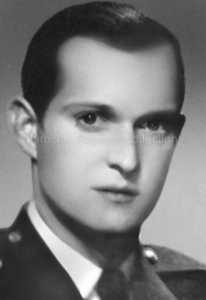
F/O / npor. Josef Mohr.
„Jde to mizerně, mám málo místa.“
“So I toss both boots into the sea.
„Házím raději obě boty do moře, aby nepřekážely.“
“You know what? I feel better without them!”
„Víte, že se bez nich cítím líp?“
“Others soon follow my example.
„Brzy mého příkladu následují i ostatní.“
“Time passes so slowly.”
„Jak se ten čas pomalu vleče!“
The surviving members of the KX-B crew were now into the third day of their six day ordeal, drifting in a dinghy in a bitterly cold, swelling North Sea.
Trosečníkům z posádky Vickers Wellington KX-B začal třetí den jejich šestidenního utrpení na záchranném člunu , bezmocném v mrazivých vodách rozbouřeného Severního moře.
On the fifth day both Tomanek and Mohr passed away. With the dinghy half submerged in the surging sea, the others managed to get Tomanek’s body over the side, but were too weak to manage that of Josef Mohr. As Scerba lay unconscious, Siska and Svoboda decided to end it all with a cocktail of drugs from the first aid kit. It put them to sleep, but eventually they came around. Svoboda was first to spot the Dutch coast.
Pátý den zemřeli Tománek a Mohr. Ze záchranného člunu, do poloviny pod vodou v rozbouřených vlnách, se ostatním podařilo převalit Tománkovo tělo přes okraj, na pohřbení Mohra už jim síly nestačily. Ščerba byl v bezvědomí a tak se Šiška a Svoboda rozhodli udělat všemu konec a vypili směs prášků z krabičky první pomoci, rozpuštěných v mořské vodě. Upadli do spánku, ale po nějaké době se znovu probudili. Svoboda byl první, kdo zpozoroval pobřeží Holandska.
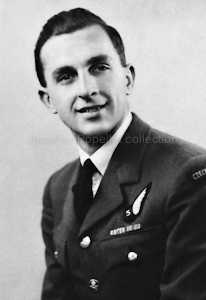
F/O / npor. Josef Ščerba.
“Land – the magic word. How many times had we dreamt about it? It did not receive us kindly, as if it did not want to accept what was almost taken by the sea.”
„Země…Kolikrát jsme o ní v posledních dnech snili.
Přijala nás nevlídně, odmítala nést, co již propadlo moři.“
“Pebbles and stones dug into our emaciated bodies through the thin wall of the dinghy. “
„Štěrk a kameny se tenkým dnem gumového člunu vrývaly do našich zubožených těl.“
As soon as we escaped the waves, out of the crowd came two German soldiers.”
„Sotva jsme unikli vlnám, vyřitili se na nás dva němečtí vojáci.“
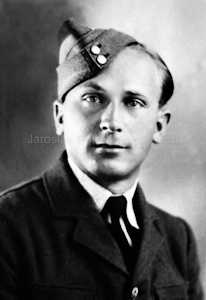
Sgt. / čet. Pavel Svoboda.
“They pushed through and aimed at us.”
„Rozrazili zástup lidí a namířili pušky:“
‘Stand up!’
„Aufstehen!“
“We neither moved nor replied.”
„Nepohnuli jsme se, ani neodpověděli.“
“Suddenly one of them threw his rifle on the ground, barked some orders and ran towards us.”
„Tu jeden z vojáků odhodil pušku, vyštěkl pár rozkazů a rozeběhl se k nám.“
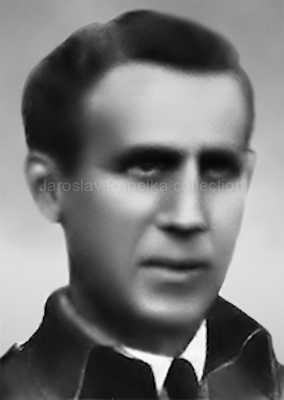
Sgt. / čet Rudolf Skalický.
“Some civilians followed. Together they pulled our dinghy from the reach of the sea. “
„Několik civilistů s ním. Společně odtáhli dinghy z dosahu věčných vln.“
“They lifted us one by one out of the dinghy – farewell and thanks to our round wreck – and carried us to the nearby breakwater.”
„Jednoho po druhém nás vyzvedli ze člunu – sbohem a díky , kulatý vraku – a nesli nás k nedaleké ochranné hrázi.“
“The North Sea can be cruel.”
„Severní moře je zlé.“
The dinghy washed up on a man-made coastal dyke protecting the village of Petten. Amongst the crowd were two Dutch schoolboys, brothers, Thomas and Dirk Zuijderland. Thomas, now an eighty-two year old retired naval officer, recently recalled the landing. Dutch workers approached the dinghy from the North and German soldiers from their barracks in the South. The Dutch arrived first but had to defer to the rifles of the German guards. Thomas remembers clearly how desperately close to death the survivors in the dinghy were, and the sight of the bedraggled heap in the bottom of the craft which was the body of navigator Josef Mohr. The survivors were taken directly over the dyke to a building on the landward side which before the War had been a care centre for children, but which since had been commandeered by the Germans as a guardhouse.
Záchranný člun vyplavilo moře na břeh u ochranné hráze poblíž vesnice Petten. V davu byli take dva holandští chlapci, bratři Thomas a Dirk Zuijderland. Thomas, bývalý námořní důstojník, dnes ve věku osmdesáti dvou let, nedávno zavzpomínal na tuto událost. Místní vesničané šli k člunu ze severu a němečtí vojáci z jihu, ze svých ubikací. I když tam místní dorazili první, museli se podřídit německým puškám. Thomas se také jasně pamatuje, jak blízko smrti byli všichni trosečníci na člunu i pohled na bezvládné Mohrovo tělo na jeho dně. Trosečníky přenesli přes hráz do budovy na opačné straně, která před válkou sloužila jako domov dětí a ze které si Němci udělali strážnici.
Once in the local hospital at Alkmaar it soon became apparent that Šiška was the worst injured of the survivors, having suffered severe frostbite to his feet. Once they had recovered sufficiently, Ščerba and Svoboda were transferred to POW camps in Germany. Svoboda eventually escaped in September 1944 to his homeland of Moravia, where he joined the local partisans. Šiška was due to have both legs amputated in hospital as they became gangrenous. However, as a punishment the German doctor refused to administer the anaelgesic morphine. For a few days the pain was excruciating, but a side effect was that the gangrene receded and amputation avoided.
Po převozu do místní nemocnice v Alkmaaru bylo brzy zřejmé, že Šiška utrpěl nejhorší zranění vzhledem k těžkým omrzlinám obou nohou. Jakmile se Ščerba a Svoboda dostatečně zotavili, byli převezeni do zajateckých táborů v Německu. Svobodovi se podařilo uprchnout v září 1944 zpět na rodnou Moravu, kde se připojil k místním partizánům. Šiška měl těžkou gangrénu v obou nohou a hrozila mu amputace. Ironií osudu mu za trest německý doktor odmítl dát další morfium. Bolest byla několik dnů nesnesitelná, ale výsledkem byla ustupující gangréna a k amputaci nedošlo.
From here Šiška also became a POW, ending up in the infamous Colditz Castle.
Šiška se poté stal válečným zajatcem a konec války jej zastihl v nechvalně proslavené pevnosti Colditz.
On his liberation and return to England he finally underwent proper treatment on his legs by plastic surgeon Sir Archibald MacIndoe, and as a result became a member of the Guinea Pig Club.
Po osvobození a návratu do Anglie se podrobil patřičné léčbě pod dohledem plastického chirurga Sira Archibalda McIndoa a stal se tak členem Guinea Pig Club – Klubu Morčat.
(Extracts are from ‘Flying For Freedom’ by Alois Šiška, originally published in Czech as ‘KX-B Neodpovida’.)
(Úryvky jsou z knihy „Flying for Freedom“, v českém originále pod titulem „KX-B Neodpovídá“, autor Alois Šiška)
_______________________________________________________________
More information can be found in these autobiographies by Major generál Alois Šiška:
Další informace o příběhu naleznete v níže uvedených vydáních autobiografické knihy generálmajora Aloise Šišky.
_______________________________________________________________
.
.

